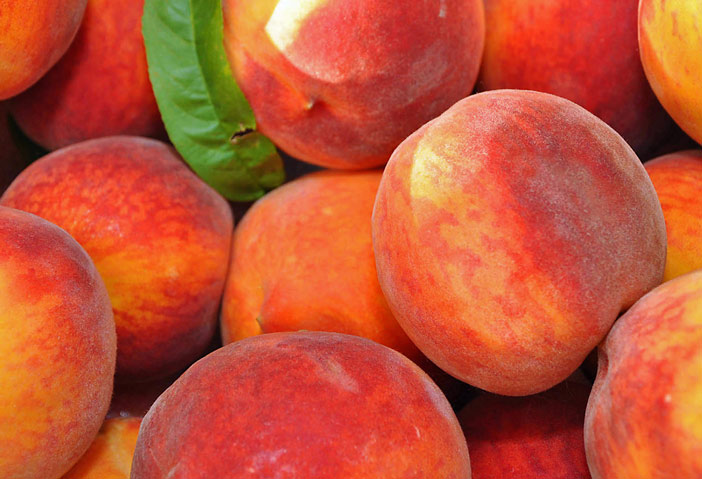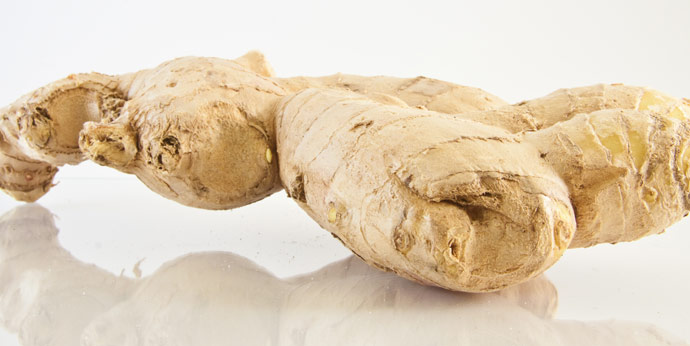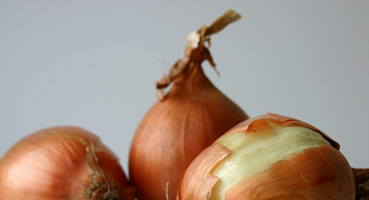
by Dr. Michael Murray | May 13, 2013 | Healing Food Facts
Did you know, that a nectarine is considered a smooth skinned peach? Native to China, peaches and nectarines were spread to the Middle East and Europe by the Roman Empire. Today, the largest peach producing countries include Japan, Australia, and South America....

by Dr. Michael Murray | May 8, 2013 | Healing Food Facts
Did you know that ginger is considered an erect perennial herb? Native to Asia, India, and China, ginger has been popular in these regions for thousands of years, where it was valued for its aromatic, culinary, and medicinal properties. Ginger grew in popularity in...

by Dr. Michael Murray | Apr 29, 2013 | Healing Food Facts
Did you know that the onion is a member of the lily family? Onions come in a wide variety of flavors, colors, and shape, which can be broken up into two main groups: spring/summer and storage onions. Spring/summer onions typically have a mild and sweet taste while...

by Dr. Michael Murray | Apr 23, 2013 | Healing Food Facts
Bananas are the second leading fruit crop in the world. Although traditionally thought of as yellow, bananas can also be red, pink, purple, and black. Originating in Malaysia approximate 4,000 years ago, bananas were introduced to Africa in the Middle Ages by...

by Dr. Michael Murray | Apr 16, 2013 | Healing Food Facts
Did you know that there are over one thousand different varieties of tomatoes? Originating in central and South America, tomatoes were introduced to Europe when Spanish conquistadors took their seeds back to Spain. Widely believed to be poisonous throughout Europe,...

by Dr. Michael Murray | Apr 6, 2013 | Healing Food Facts
Spinach originated as a wild plant in Persia and East Asia and has been cultivated in China for over 2,000 years. Catherine de Médici brought spinach from her home in Florence Italy to France after marrying the king, giving birth to the name “à la Florentine”, a term...









